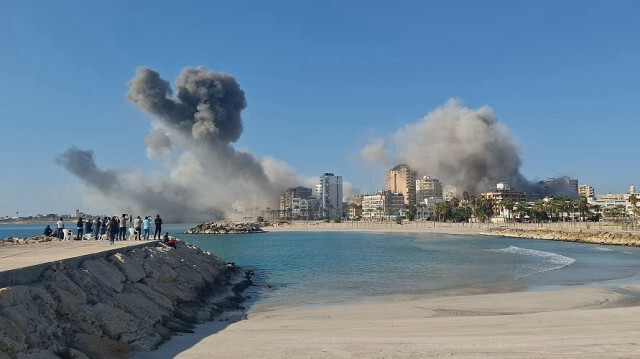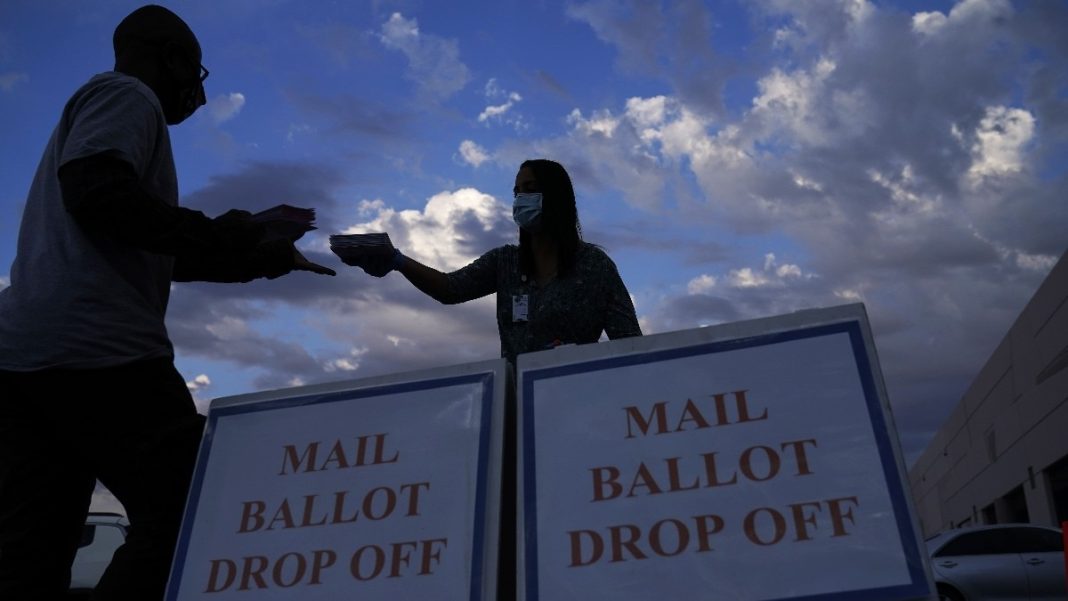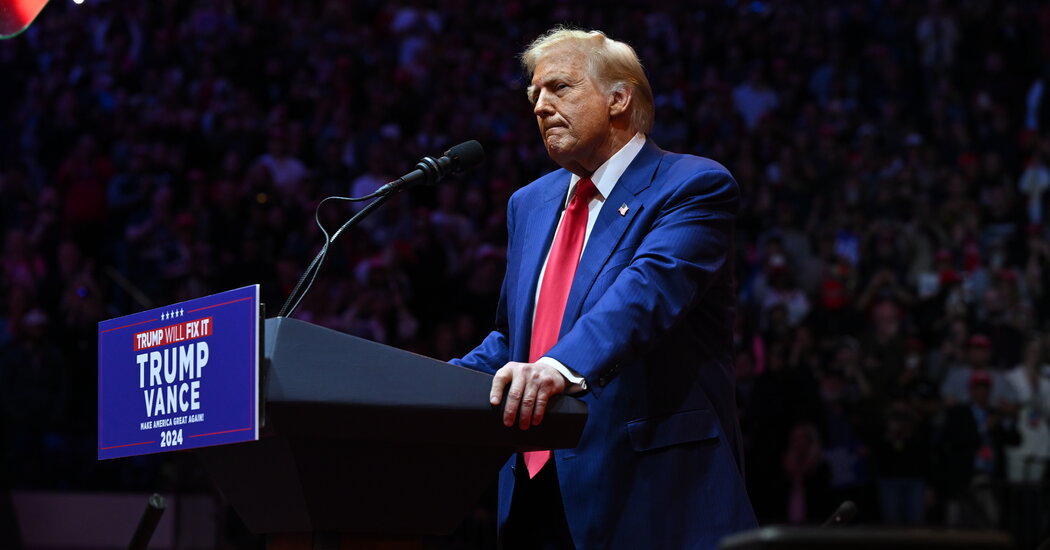Significant Progress in Cease-Fire Talks Between Israel and Hezbollah: A Potential Path to Peace?
In a hopeful turn of events, Israeli officials have announced “significant progress” in negotiations aimed at establishing a cease-fire with Hezbollah in Lebanon. According to the Israeli daily Yedioth Ahronoth, unnamed sources indicate that these talks have reached advanced stages, raising hopes for a resolution to the ongoing conflict that has escalated dramatically in recent months.
The backdrop to these negotiations is a series of intense air and ground attacks by Israel on Hezbollah targets, which have resulted in substantial casualties and destruction. Since the beginning of Israel’s offensive on Gaza last year, over 2,700 people have reportedly lost their lives in Lebanon, with nearly 12,500 injured, according to local health authorities. The situation has prompted a reevaluation of military strategies and diplomatic efforts in the region.
As part of the ongoing discussions, U.S. envoy Amos Hochstein is expected to travel to both Israel and Lebanon before the upcoming U.S. elections on November 5. His involvement could be pivotal in finalizing an agreement that would not only ease tensions but also reshape the military landscape along the Israel-Lebanon border.
What’s on the Table?
The proposed cease-fire deal includes several key components aimed at ensuring long-term stability. First and foremost, it suggests an expanded implementation of UN Resolution 1701, which was established after the Second Lebanon War in 2006. This resolution calls for a demilitarized zone south of the Litani River, where only the Lebanese army and UN peacekeeping forces (UNIFIL) are permitted to operate. The goal is to keep Hezbollah fighters away from the border, thereby reducing the risk of future conflicts.
Israeli officials have indicated that the Lebanese army could deploy between 5,000 and 10,000 soldiers along the border, with potential increases in UNIFIL forces, possibly involving contributions from France, Britain, and Germany. This international presence could help monitor compliance with the cease-fire and address any allegations of violations from either side.
A New Monitoring Mechanism
Another crucial aspect of the proposed agreement is the establishment of an international mechanism to monitor the area. This would not only help in addressing violations but also aim to prevent Hezbollah from re-arming. Interestingly, Russia has expressed a willingness to assist in enforcing the agreement, which could play a significant role in stabilizing both Lebanon and Syria. Israel is reportedly keen on engaging directly with the Kremlin, hoping that Russian involvement might reduce its reliance on U.S. support.
The Road Ahead
While the talks show promise, Israeli officials caution that fighting may continue during negotiations until a final agreement is reached. They have outlined an initial “60-day adaptation period” during which both Hezbollah and the Israeli army would refrain from firing, setting the stage for a more permanent cease-fire.
The situation remains fluid, and there has been no official comment from Hezbollah regarding the reported progress in talks. However, the potential for a cease-fire could mark a significant turning point in a conflict that has seen years of violence and instability.
As the world watches closely, the hope is that these negotiations will lead to a lasting peace, allowing both Israelis and Lebanese to move forward from a cycle of violence that has caused immense suffering on both sides. The coming weeks will be crucial in determining whether this breakthrough can translate into a tangible resolution.



